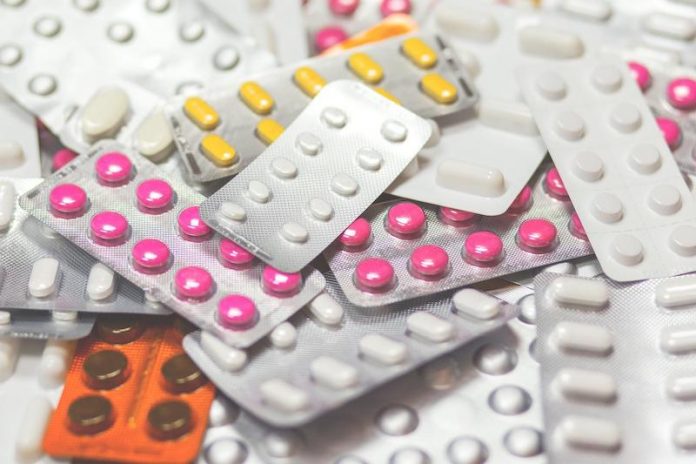
In a recent study, scientists found metoprolol, a drug widely used to treat heart disease, is beneficial when administered to COVID-19 patients.
The research is published in the Journal of the American College of Cardiology.
In a previous study, the team found that metoprolol, a well-established beta-blocker, has a highly selective effect on hyperactivated neutrophils during situations of acute stress such as a heart attack.
In this study, the team predicted that metoprolol might be an effective treatment for patients with severe COVID-19.
The team assigned 20 COVID-19 patients to receive metoprolol (15 mg per day over 3 days) or to a control group that did not receive metoprolol.
They found that the metroprolol treatment strongly reduced neutrophil infiltration of the lungs and improved oxygenation.
There was a clear trend among the metoprolol-treated patients to require fewer days on mechanical ventilation and therefore a shorter stay in the ICU.
In another study published in Nature Communications, Imperial College London researchers found drugs typically used to treat prostate cancer could be explored for treating patients with COVID-19.
In the study, the team found that the androgen-blocking drug enzalutamide—a well-tolerated drug widely used in advanced prostate cancer— also reduced the ability of the SARS-CoV-2 coronavirus to infect lung cells in the lab.
Importantly, they found that the treatment strongly reduced SARS-CoV-2 entry and infection in lung cells.
The researchers say their study adds to a growing body of evidence from groups around the world, supporting further clinical trials to assess the efficacy of anti-androgens as a potential treatment for COVID-19.
If you care about COVID, please read studies about hormone that could prevent COVID-19 death in older women, and previous COVID-19 infection, but not vaccination, improves antibodies.
For more information about Covid, please see recent studies about vitamin D deficiency linked to severe COVID-19 and death, and results showing CBD from cannabis may inhibit COVID-19 infection.
Copyright © 2022 Knowridge Science Report. All rights reserved.



